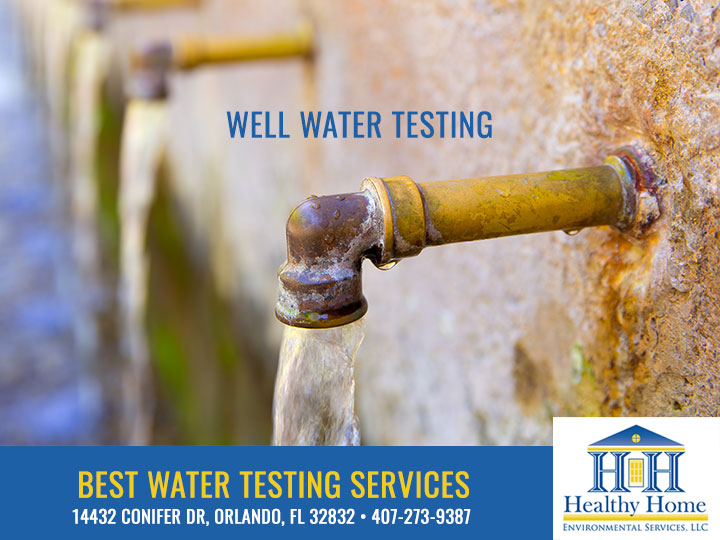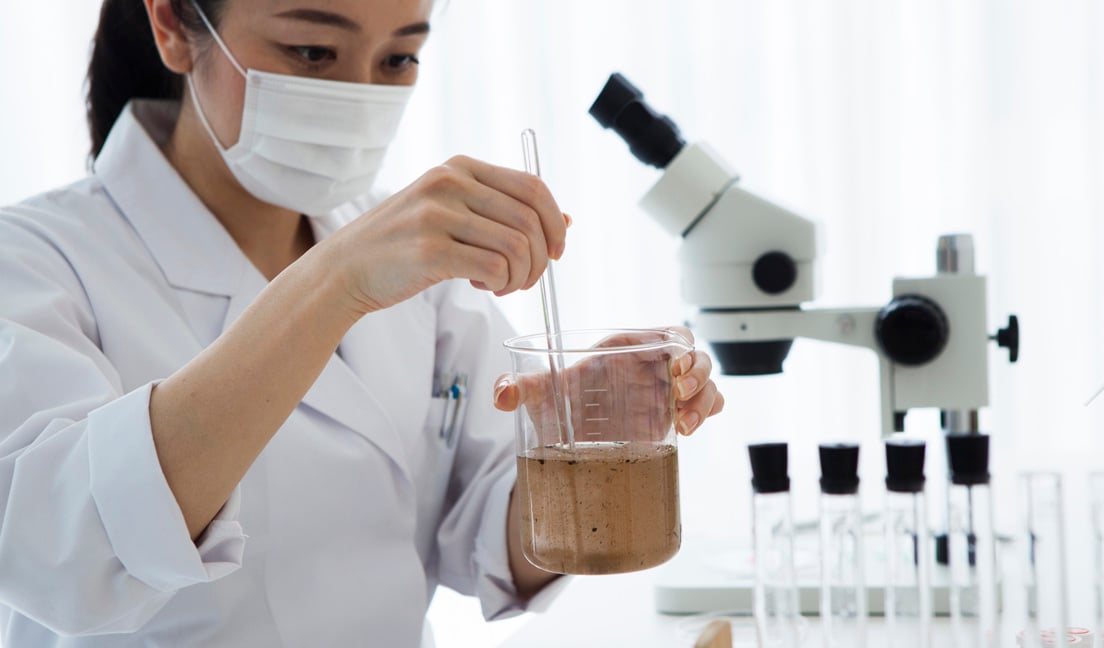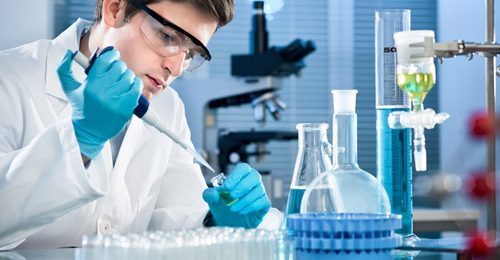Discover Reliable Well Water Testing Services for Your Peace of Mind
Wiki Article
Learn How Water Screening Can Detect Pollutants and Shield Your Family's Wellness
Comprehending the importance of water screening is crucial for securing your family's health, as our water supply can nurture unseen threats. By checking out the mechanics of water screening, one can uncover the unseen threats prowling in relatively pristine water resources.Importance of Water Checking
Recognizing the critical function water plays in maintaining life, the significance of water screening can not be overstated. Water is a basic resource, crucial for drinking, food preparation, sanitation, and different commercial processes. Its high quality straight impacts public wellness and wellness. Making sure that water is complimentary from hazardous compounds is essential for preserving healthy and balanced areas and communities.Water testing serves as a proactive step to determine potential risks that may compromise water quality. Through organized evaluation, it helps discover physical, chemical, and biological parameters that could pose threats to human wellness. Normal testing enables the early discovery of problems, assisting in timely interventions to avoid prevalent contamination and connected illness.
Moreover, water screening sustains regulative compliance, ensuring that water providers fulfill well established safety criteria and guidelines set by governmental authorities. It cultivates openness and accountability, constructing public rely on the supply of water system. Screening supplies valuable data that educates water administration approaches, allowing lasting use and preservation of this precious resource.
Essentially, water testing is an essential device that safeguards public health and wellness, makes sure regulatory adherence, and advertises the lasting management of water sources. Its relevance in securing both areas and individuals can not be undervalued.
Common Water Pollutants
Among the various aspects that can compromise water quality, common water contaminants include a range of physical, chemical, and biological substances that pose significant risks to human health and the environment. Physical contaminants typically include sediments or organic materials put on hold in water, which can influence quality and preference.Organic impurities, largely microorganisms, infections, and protozoa, develop from animal and human waste going into water systems. Microorganisms such as E. coli, Giardia, and Cryptosporidium are well-known for triggering intestinal diseases and can be especially hazardous to children, the elderly, and those with compromised body immune systems. Nitrates and nitrites, commonly stemming from fertilizers, position an additional health danger, particularly to babies, potentially bring about conditions like methemoglobinemia or "blue child disorder."
Additionally, emerging pollutants, consisting of pharmaceuticals and personal care items, have elevated problems because of their persistence and unidentified lasting impacts. Recognizing these pollutants is vital for applying reliable water therapy methods and making certain safe drinking water.
Exactly How Water Screening Functions
Recognizing the range of contaminants in water highlights the relevance of effective testing techniques to secure public wellness. Water screening is an organized procedure made to identify and quantify various impurities that could position dangers to human health and wellness.When examples are accumulated, they undertake research laboratory evaluation making use of numerous strategies. Chemical screening often involves spectrometry or chromatography, both of which can identify and measure details chemical compounds. For microbiological testing, approaches such as membrane layer purification or enzyme substratum examinations are utilized to identify pathogenic bacteria. Additionally, physical characteristics like ph, shade, and turbidity are analyzed to offer understanding right into the general quality of the water.
The precise methodologies utilized in water testing depend upon the particular pollutants of issue and the water's meant use. By continually using these strenuous screening procedures, researchers and public wellness authorities can make certain the safety and security and high quality of water, therefore safeguarding neighborhoods from potential health threats.
Choosing the Right Test
Exactly how does one establish the most proper water examination for their needs? Choosing the ideal examination entails understanding both the particular attributes of the water source and the possible impurities that might be present. The first action is analyzing the water source-- be it metropolitan, well, or surface area water-- as each has distinctive dangers. Community water might call for testing for disinfectant results, while well water might need testing for nitrates, bacteria, and heavy metals.Next, consider recent occasions and ecological factors. Neighboring farming activities may demand testing for herbicides and pesticides, whereas industrial areas can call for look for chemical contaminants. Additionally, any changes in water appearance, smell, or preference should trigger specific testing for typical pollutants like lead, chlorine, or organic pathogens.
Specialist water screening services Well water testing services supply thorough packages that target a wide variety of potential contaminants. These kits often align with criteria set by the Environmental Security Agency (EPA) or neighborhood wellness departments. For a more tailored method, talking to a water high quality professional can give understandings into which details examinations are essential based upon local concerns and specific health requirements, making sure the defense of your house's wellness.

Maintaining Water Safety And Security

Along with screening, appropriate upkeep of water supply plays a crucial role. This includes checking and servicing plumbing systems, tank, and septic systems to prevent leaks or backflow that can introduce pollutants - Water Testing Service. Employing water purification systems designed to address particular local issues can even more safeguard versus pollutants, offering an additional layer of defense
Public recognition and education and learning are equally important in keeping water safety and security. Areas need to be informed regarding potential risks linked with neighborhood water sources and the necessary actions to reduce them. Urging public engagement in water security initiatives cultivates a collective responsibility that boosts general effectiveness.
Ultimately, a comprehensive approach that incorporates routine testing, system maintenance, and community involvement is vital in guarding water high quality. By doing so, households can be guaranteed of tidy and risk-free water, safeguarding their wellness and wellness.

Final Thought
Routine water screening is necessary for recognizing impurities such as microorganisms, hefty steels, and chemicals that position health and wellness dangers. By analyzing water samples, undetected hazards can be found, making sure the stipulation of risk-free alcohol consumption water.Comprehending the significance of water testing is crucial for protecting your household's health, as our water supply can harbor unseen risks.Water testing serves as a positive procedure to determine prospective risks that may compromise water quality.Furthermore, water testing supports regulative compliance, guaranteeing that water carriers fulfill established safety standards and standards established by governmental authorities. Local water could call for testing for disinfectant by-products, while well water may need screening for nitrates, microorganisms, and hefty metals.
Regular water testing is a crucial component in maintaining the quality of water resources, allowing prompt interventions before pollutants get to harmful degrees.
Report this wiki page